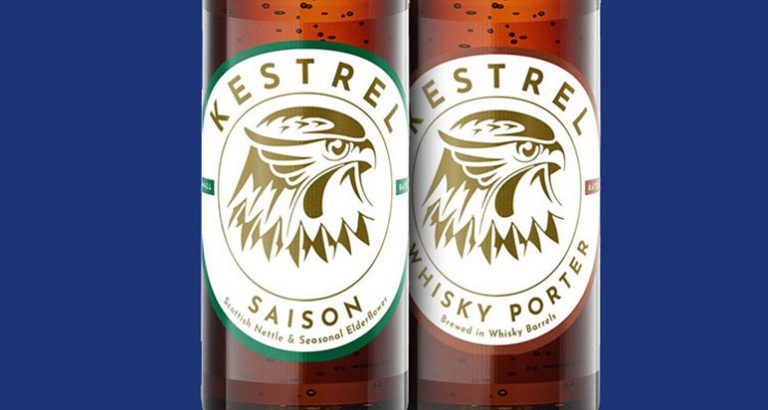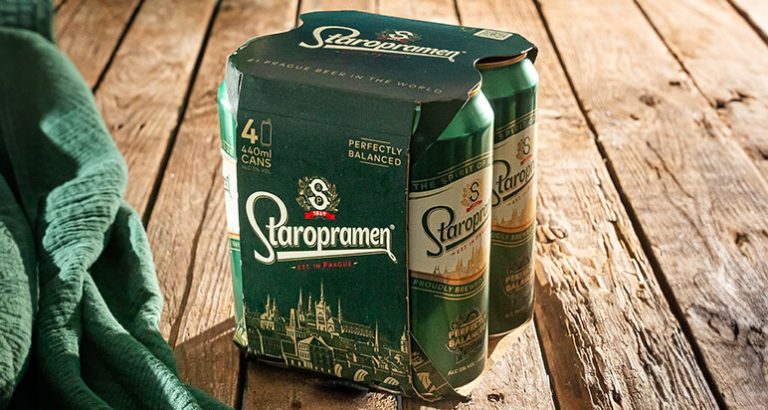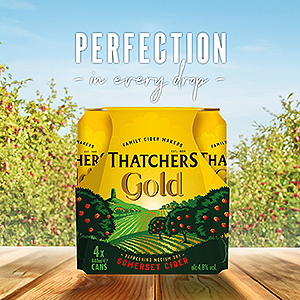by James Bielby
With 28,000 lorry loads of British beer going missing every year and domestic retailers facing losing their licences for selling illicit beer, it’s time that this problem is tackled by the wholesalers at the top of the supply chain.
We have a problem with alcohol. The problem is that every year 28,000 lorry loads of British beer set off for export to Europe, and disappear along the way.
About 450 million litres of British-brewed beer are sold for export to the near continent, despite demand for these products being only 180 million litres. The Government believes that the surplus is finding its way onto the illicit market at home, at a cost to the taxpayer of £500m in lost duty. One in 10 beers in the UK, it says, was sold in stores illegally in 2009/10, a 25% increase over the previous year.
For FWD members, who supply the convenience sector, this is a huge issue as the illicit trade severely erodes sales of the highest-volume UK-produced lager brands by as much as 40%.
It’s a problem for retailers, too, as the 30 Brighton store owners found in possession of suspected duty-avoided stock earlier this year discovered. They face losing their licence because they either intentionally or unwittingly bought via the illicit supply chain.
And they are not the only ones. All over the UK beer is being sold at prices that are unsustainable for a legitimate business. Many retailers will have seen flyers for extraordinary deals, well below the price offered at established wholesalers. Our members suspect these small operators are achieving these prices by avoiding duty.
Retailers are under enormous pressure to compete with the deep discounting of supermarkets which use beer to lure customers away from independents. So if a new supplier pops up offering them 24x500ml Carling or Fosters at £13.99, they might not ask themselves how the supplier has managed to achieve that price. The trouble is that HMRC, the enforcement agency, is likely to turn up at their store and ask them exactly that question.
HMRC has the power to confiscate suspect stock, fine the retailer, and claim lost duty from them. Its preferred tactic, however, is to persuade local licensing authorities to remove the store’s licence – an absolutely killer blow to most convenience stores.
The Government is currently consulting on measures that would prevent alcohol fraud, and FWD believes this is best done at the top of the supply chain. Fiscal marks, like the duty stamps on spirits, would instantly tell enforcement officers if duty had been paid on a can or bottle on your shelves.
They would also protect retailers, who would know to shun major products without the 3cm duty-paid mark, aware that if HMRC or Trading Standards found those on their shelves, their licence would be at risk.
FWD is committed to reclaiming beer from the clutches of criminals. We have put forward the idea of a registration scheme for wholesalers, currently the only part of the supply chain which can operate unlicenced, and while this self-imposed burden will add cost and complexity to our members’ operations, they believe it is a price worth paying.
Our request to our brewing industry supply chain partners is that they make a similar commitment and adopt fiscal marks.







